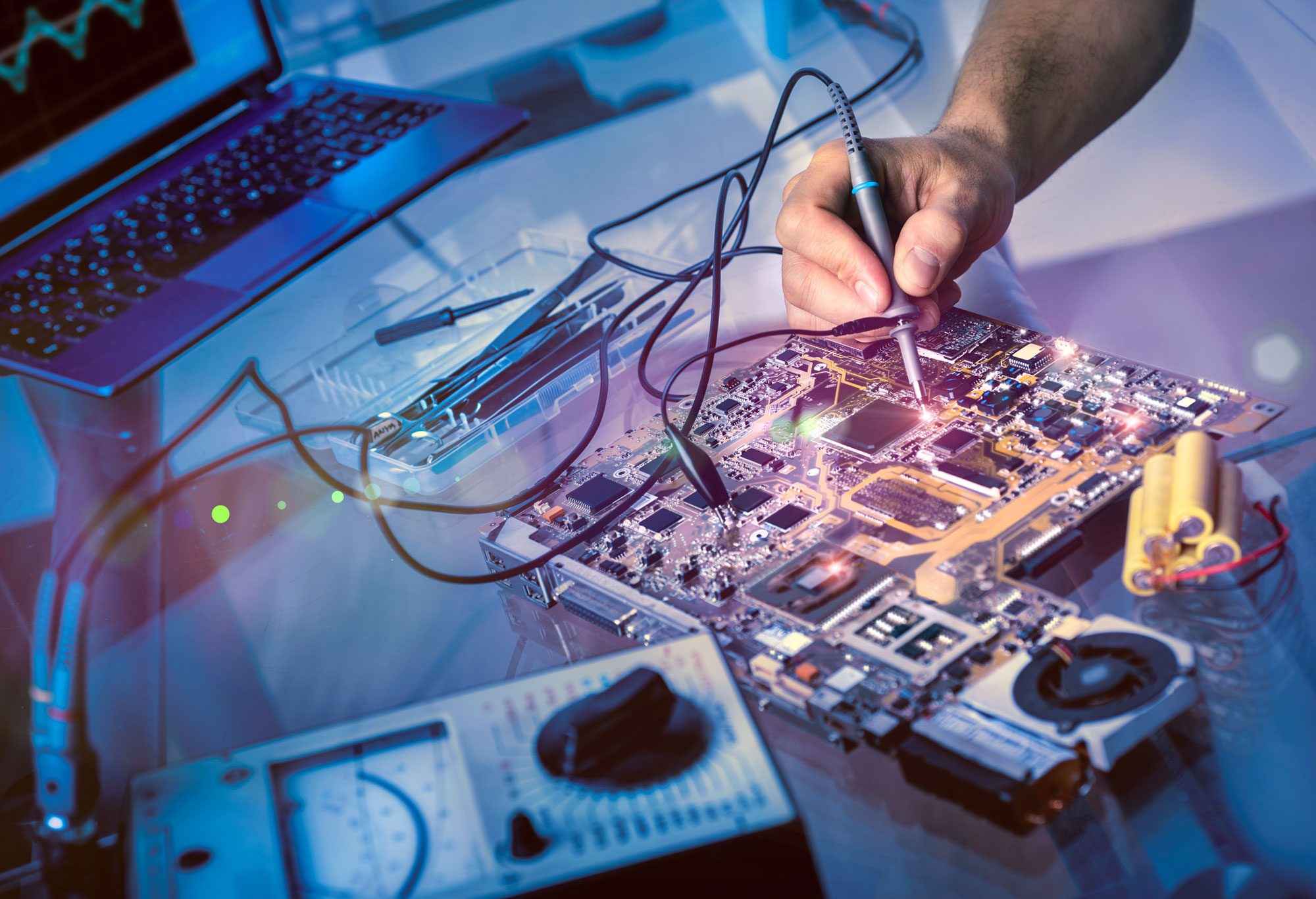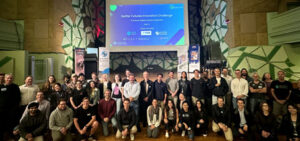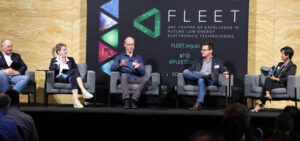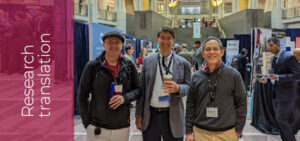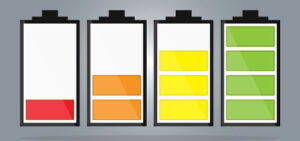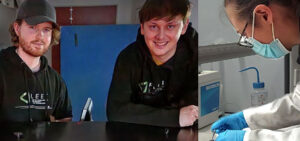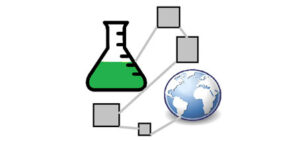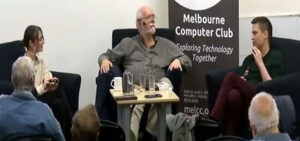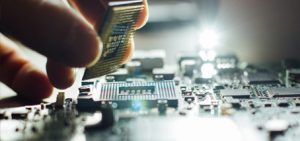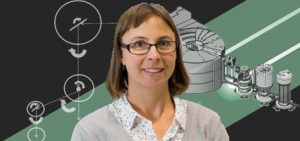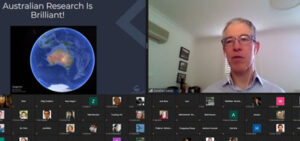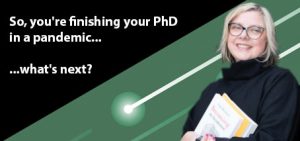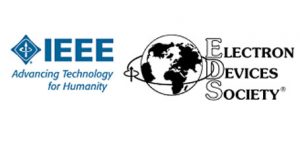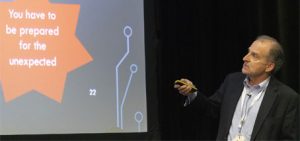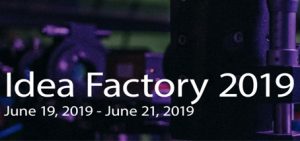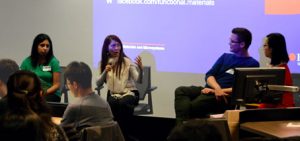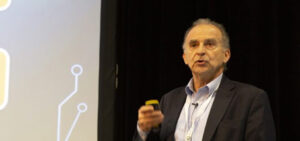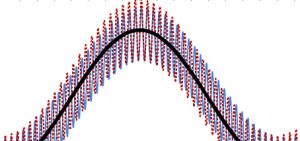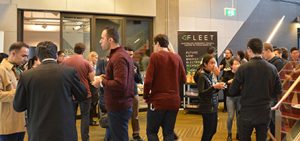A new FLEET program provides resources, advice and industry connections to develop Centre research into prototypes and technical demonstrations, helping translate FLEET research outcomes into wider societal impact, and developing key translation skills in Centre membership.
FLEET has engaged Dr Michael Harvey to guide FLEET members through the process of identifying promising projects for translation to industry, and shepherding them through the process of establishing linkages.
The FLEET Translation Program will help:
- Identify Centre members with the desire and capability to translate their research
- Discover projects within FLEET that are ready for translation
- Train FLEET membership in key translation skills.
$400k in strategic funds (2022-23) was allocated to boost translation projects and provide targeted training. FLEET Translation Projects fund prototyping, proof-of-principle, end-use application investigations, or other work required to mitigate risks and translate research outcomes towards deployable packages appropriate for industry and end-user engagement. These funds pay for researchers’ time via salary or HDR stipend, small equipment (<$10k), consumables, outside services or other translation related costs. We have to date, supported nine translation projects from our students and early career researchers, read about one here.
Applicants could request up to $50k (up to $100k in exceptional cases) to cover the costs associated with translating our research and preparing technologies based on FLEET’s research for our Participating Institutions’ existing commercialisation and impact pathways. Applicants requesting >$25k were expected to demonstrate attempts to secure additional cash funding or substantial in-kind support from their university, industry, or other sources outside FLEET.
FLEET Translation Projects are between 6-18 months’ duration, with very clearly defined activities and goals. Projects must comprise activities directly leading to prototyping, proof-of-principle, deployable packages, research translation, or industry and end-user discovery and engagement.
The FLEET translation grant scheme is now closed. The FTP team, however, is always available to support you through your research translation journey. Please don’t hesitate to contact the team at the below form if you have any questions or just want to pick their brains about your translation ideas.

Translation Program Director (TPD) Prof Matt Davis
As FLEET’s new Translation Program Manager (TPM), Michael is working closely with Centre Translation Program Director (TPD) Prof Matt Davis:
- Meeting FLEET people to learn about our research and opportunities;
- Surveying FLEET membership to identify members and projects ready for translation, and understand training needs;
- Engaging new industrial partners;
- Creating a rolling call for proposals for translation projects;
- Establishing new training programs in areas of need, particularly in IP management;
- Helping with advice about translation, commercialisation, industry, startups, and fundraising…
“I’m always excited to hear about research and happy to answer any questions FLEET people have about translation, commercialisation, or my experiences in startups and industry,” says Michael Harvey.
Michael and Matt will work closely with Centre governance and working groups (Industry Relations and Education and Training Committees, and the Centre’s Student/ECR Working Group). Possible training programs around research translation and commercialisation include:
Theory of innovation; What is research translation and why do it; Intellectual property; University research commercialisation processes; The technology development process; Types of industry partners and how to connect with them; Writing a pitch deck; Introduction to Venture Capital funding; Invention disclosure and IP policies; Writing an industry CV; Guests from venture finance or startups.
The new Program is focussed on our people first, and success will be seen in FLEET members forging new links with industry, FLEET knowledge and research translated into applications with industry partners, and our people trained in translation skills.
Michael developed this program as a flagship initiative within the ARC Centre of Excellence for Engineered Quantum Systems (EQUS). At EQUS the program has run for 2 years and so far has supported 23 projects, involving 50 EQUS researchers and 25 external participants. Five companies have been started, multiple patent applications have been filed, and Centre research impact has expanded to areas as diverse as the hydrogen economy, communications security, and even weighbridges.
“FLEET is constantly seeking to deliver the best opportunities to our people by looking at what works elsewhere,” says Matt Davis.
The expansion of the program to another Centre of Excellence (FLEET) sees this initiative move from local success at EQUS to even more impact in the Australian research community.
Contacts
-
- Translation Program Manager (TPM) Dr Michael Harvey translation@FLEET.org.au
- Translation Program Director (TPD) Prof Matt Davis mdavis@physics.uq.edu.au
With a goal to help transform Australia’s electronic technologies, FLEET welcomes partnerships with industry organisations.
FLEET always welcome new links with collaborators with complementary expertise. Engagement opportunities include: project collaboration, personnel exchange and visits, leverage for external funding sources, access to cutting-edge research facilities and connecting with the global FLEET network
Research Translation
FLEET is committed to boosting the Australian R&D sector and creating distinct opportunities to create high value IPs for transforming electronic technologies by focusing on developing advanced structures that will offer dissipationless electronics. We will achieve these by:
- Producing suites of important IP in the electronic materials sector. These will serve as the basis for establishing spin-off companies
- Leveraging our strong ties to research centres at nodes with foci on novel materials research and translation
- Building strong links to the intermediary research institutes and providing an avenue to deliver the IPs to the wider development laboratories with commercialisation focus, and
- Liaising with partners both in Australia and internationally interested in novel electronic devices and systems through our network.
In addition, FLEET is skilling up its ECRs for future success, with transferable skills that will allow them to succeed in industry just as in academia. And FLEET training and seminars in entrepreneurship, commercialisation and industry engagement ensure that all members have the necessary skills for research translation.
Drop us an email to contact@fleet.org.au for details on how we could collaborate.

